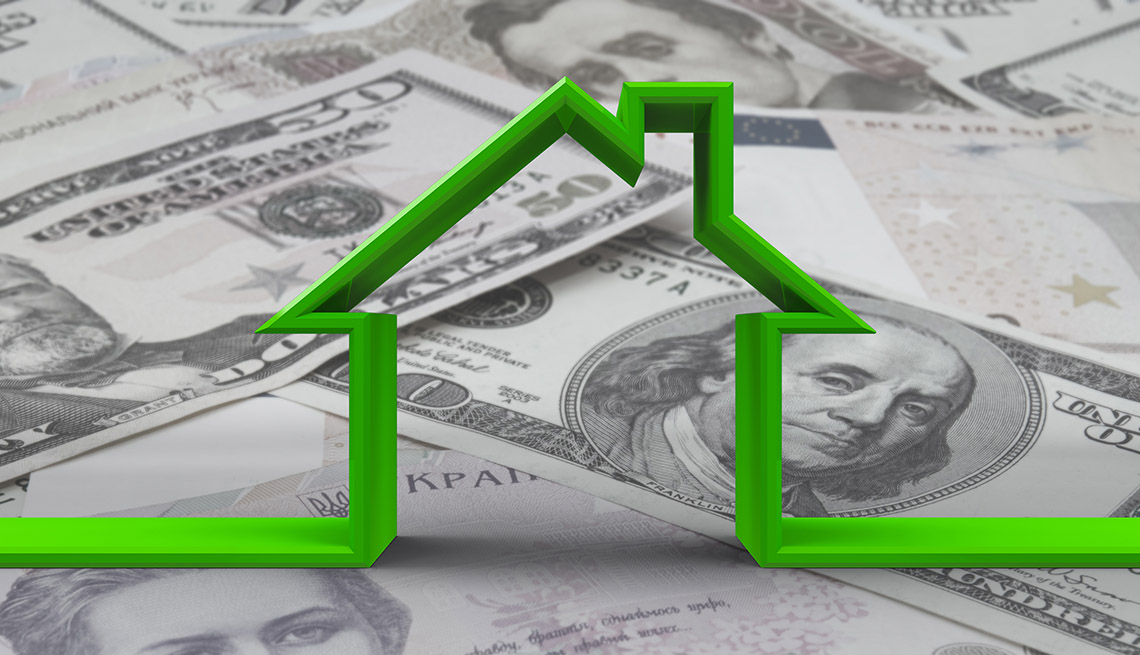
- Select a language for the TTS:
- UK English Female
- UK English Male
- US English Female
- US English Male
- Australian Female
- Australian Male
- Language selected: (auto detect) - EN
Play all audios:
Refinancing costs can be worthwhile if you can reduce your rate and cut your monthly payments by hundreds of dollars. But if you plan to pay back the extra money quickly — or not stay in the
house long enough to recoup the closing costs — a home equity loan may work better, Giles says. If you need more money every month, rather than a lump sum, then you may be able to
accomplish that goal just by refinancing without taking out extra cash. “Refinancing your mortgage can free up cash by lowering your monthly payment, or slash thousands in interest by paying
off the mortgage earlier,” says Mari Adam, a certified financial planner in Boca Raton, Florida. You'll have the lowest monthly payments with a new 30-year mortgage, but that could
extend your debt long into retirement. Rates are lower on a 15-year mortgage (averaging 2.28 percent, Kapfidze says), but the monthly payments may be difficult to afford if money is tight.
You can shorten a 30-year mortgage by adding to your principal when you have more money or paying it off when you sell your house. HOME EQUITY LOAN OR LINE OF CREDIT? A home equity loan or
line of credit is a second loan, in addition to your mortgage. Your loan, plus the balance of your mortgage, can be as much as 80 percent (sometimes 90 percent) of the home's value. The
interest rates tend to be higher than they are for cash-out refinancing — currently about 4 to 4.5 percent, says Giles — but the fees are much lower. “Home equities typically don't
come with closing costs,” he says. You may have a $99 origination fee and an annual fee of about $50, depending on the lender. A home equity loan may work better if you don't plan to
keep the loan for long enough to make the cost of refinancing worthwhile, or if you already have a low mortgage rate, Giles says. A home equity loan lets you borrow a lump sum and usually
has fixed rates, with a payoff term of 5 to 30 years. A HELOC gives you a borrowing limit and you can take out the money anytime. You generally have up to 10 years to draw the money and up
to 20 years to pay it back. “With a home equity line of credit, you have the flexibility of only using as much as you need when you need it,” says Giles. You pay interest only on the amount
you withdraw, but rates are variable — usually based on the prime rate (now 3.25 percent) plus about .75 percent, depending on your credit score. It can be tougher to qualify for a home
equity loan or line of credit than cash-out refinancing because if you default, the lender gets paid only after the mortgage lender does, says Kapfidze. Rates can vary based on your credit
score and the equity in your home — the lowest home equity loan rates are below 4 percent now, but the average is about 5 percent , he says. You usually need a credit score of 740 or higher
to get the best rates, he says.





